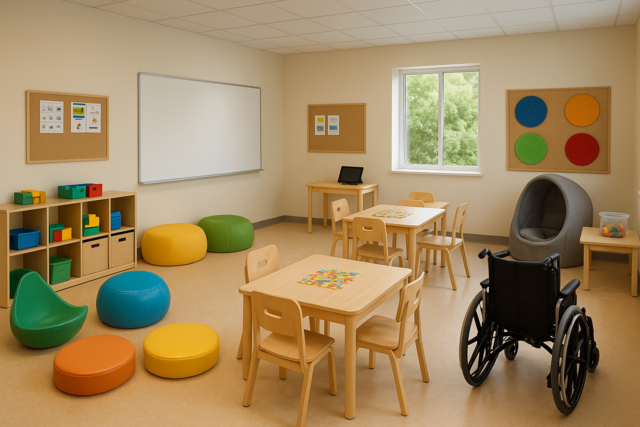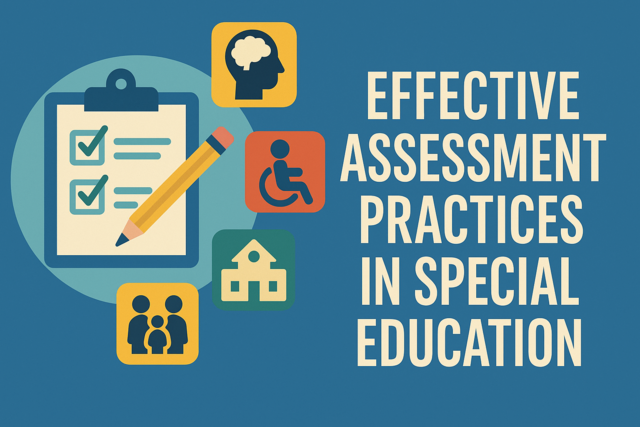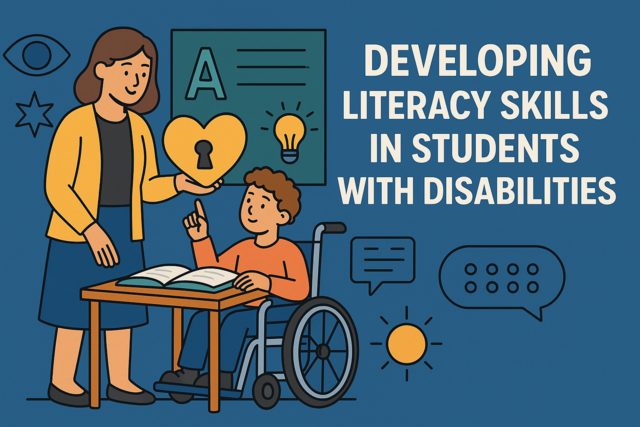Online Class: The Role of Paraprofessionals in Special Education

no certificate
with CEU Certificate*
-
15Lessons
-
22Exams &
Assignments -
3Hours
average time -
0.3CEUs
Course Description
Imagine standing on the frontline of transformation—where potential meets opportunity, and where every child, regardless of their challenges, is given a seat at the table of success. Welcome to "The Role of Paraprofessionals in Special Education," a course meticulously designed not just to educate, but to empower you to be a pivotal force in the lives of students with special needs. This isn't just another online class; it's your gateway to becoming an invaluable asset in the world of education, a world that needs compassionate and skilled individuals ready to make a difference.
From the very first module, you will be immersed in the profound impact paraprofessionals have within the educational landscape. Picture yourself as the key architect of inclusive learning—someone who adapts taught material to fit the unique needs of each learner, crafting an environment where every student can flourish. You are not just supporting the classroom; you are igniting the spark that fuels lifelong learning and self-confidence for students who need it most.
As you navigate through this course, you'll seamlessly acquire the art of active listening and adaptive communication. You'll be equipped to understand and meet the various cognitive, sensory, and emotional needs of each student. Imagine developing relationships that aren't just functional, but transformative—relationships grounded in trust and empathy, cemented by the nuanced skills you'll master here.
Central to this course is a deep dive into the intricacies of Individualized Education Programs (IEPs) and 504 Plans. Far from being daunting legal documents, you will come to see them as blueprints for student success, intricate in detail and limitless in potential. You will learn to navigate these plans like a seasoned navigator charts the seas, advocating for the adjustments that will set students on a course toward their highest aspirations.
But knowledge is nothing without action, and this course places a strong emphasis on practical application. Envision yourself effectively interpreting and intervening in behavioral cues, leveraging students' interests to foster engagement, and transforming potential disruptions into growth opportunities. Through real-world scenarios and experiential learning, you will become adept at creating a nurturing and stable learning environment.
Consider too, the supportive role you'll play in bridging gaps—not only between lessons and learning but also between cultures and communities. This course embraces the diversity of special education and encourages a worldview that is inclusive, sensitive, and forward-thinking. You will learn how to incorporate cultural awareness into your teaching strategies, making you not just a paraprofessional, but a cultural ambassador and advocate for inclusivity.
One of the many highlights of this course is its focus on continuous professional development. Much like the students you'll support, you too will flourish in an environment dedicated to growth. Whether it's through exploring the latest assistive technologies or mastering the art of crisis intervention with compassion and expertise, you'll emerge as a beacon of professional excellence.
And while your mission is significant, we haven't forgotten about you. This course is as much about self-care and sustainability as it is about professional skills. Through practiced reflection and peer engagement, you'll cultivate strategies to maintain your well-being, because a thriving educator teaches thriving students.
The journey to becoming a change maker in special education is both challenging and rewarding, and this course has been carefully crafted to guide you every step of the way. From fostering inclusion and connection to mastering the intricacies of educational legislation, your path begins here.
So, are you ready to make a real impact? To transform lives, including your own? By enrolling in "The Role of Paraprofessionals in Special Education," you are stepping into a role that is uniquely dynamic, immensely rewarding, and crucially needed. Join us in this empowering journey, and become the change you wish to see in the educational world. This is more than just education—it's a call to action. Your students are waiting, and with this course, you'll be ready to meet their needs and exceed their expectations. Welcome to your new future.
- Completely Online
- Self-Paced
- 6 Months to Complete
- 24/7 Availability
- Start Anytime
- PC & Mac Compatible
- Android & iOS Friendly
- Accredited CEUs

Course Lessons
Lesson 1. Empowering Education: The Essential Role of Paraprofessionals
Paraprofessionals play a pivotal role in executing Individualized Education Programs by tailoring instructional materials and fostering essential social skills. Their presence ensures that students with special needs receive the necessary accommodations, creating a cohesive and supportive learning community.Lesson 2. Listening Beyond Words: Mastering Active Engagement for Paraprofessionals in Special Education
Equipped with active listening and adaptable communication strategies, paraprofessionals significantly aid special education students by addressing cognitive, sensory, and emotional needs. They utilize visual aids and empathic engagement to improve learning outcomes and build trusting relationships.Lesson 3. Navigating the IEP Landscape: A Comprehensive Guide
The success of IEPs relies on continuous assessment and the active role of paraprofessionals in monitoring and documenting student progress, advocating for necessary adjustments. This dynamic approach ensures educational strategies evolve in line with each student's development and needs.Lesson 4. Exploring the Nuances of IEPs and 504 Plans in Modern Education
With their deep engagement in classrooms, paraprofessionals help students thrive by providing tailored support through technology and personalized learning strategies. This includes adapting teaching styles to suit individual learning preferences and utilizing advanced tools to enhance educational experiences.Lesson 5. Behavior as Communication: Understanding and Intervening in Special Ed
By leveraging students' interests and intrinsic motivators, paraprofessionals can increase engagement and facilitate smoother transitions in special education. Personalized interventions rooted in understanding individual stimuli and triggers help create a stable learning environment.Lesson 6. Bridging Gaps: Paraprofessionals and Educational Success
Paraprofessionals master conflict resolution and problem-solving, using empathy and collaboration to address interpersonal challenges and foster a supportive educational environment. Continuous professional development equips them to handle diverse classroom dynamics while maintaining self-care and emotional intelligence.Lesson 7. IEPs and 504 Plans Explained
IEPs are legally binding documents crafted for children requiring special education, detailing personalized educational goals to ensure needs are met effectively. In contrast, 504 Plans focus on accessibility and accommodations without specialized instruction, with paraprofessionals implementing crucial modifications.Lesson 8. Regulatory Foundations for Paraprofessionals
Paraprofessionals in special education play a crucial role by navigating legal frameworks like IDEA to support students with disabilities through tailored educational programs. Their duties involve collaboration with certified teachers and adherence to privacy laws, ensuring a respectful, inclusive learning environment for all students.Lesson 9. Fostering Inclusion Through Cultural Awareness
Cultural awareness in special education is crucial for paraprofessionals who help bridge the gap between students with diverse needs and their educational environments. By integrating cultural perspectives, they enhance inclusivity and effectiveness in teaching strategies.Lesson 10. Cultivating EI Skills in Special Education
Through emotional intelligence, paraprofessionals can bridge communication gaps, fostering trust and belonging within special education settings. This approach equips them to support the complex needs of diverse students, ultimately facilitating better social integration and academic success.Lesson 11. Assistive Technologies in Education
Incorporating assistive technology into reading and organizational tasks dramatically benefits students with learning disabilities by simplifying complex information into approachable formats. Paraprofessionals demystify assignments and create strategies that make academic achievements attainable and meaningful.Lesson 12. Recognizing and Responding to Student Crises
In special education, paraprofessionals are critical for identifying and managing crises, requiring an intricate balance of empathy, knowledge, and immediate action. Their role extends to observing nuanced emotional, behavioral, and physical signs of distress in students with disabilities, ensuring tailored and effective interventions.Lesson 13. Continuous Learning for Paraprofessionals
Professional development empowers paraprofessionals in special education to cater effectively to diverse student needs, enhancing both educational and personal growth. These professionals, often unsung heroes, utilize training to implement innovative strategies, fostering inclusive learning environments that significantly impact student success.Lesson 14. Synergy in Action: Collaborative Engagement Strategies
Paraprofessionals play a crucial role by connecting families with schools, enhancing student development through active engagement and cultural sensitivity. Their efforts lead to better academic achievements and strong community ties, fostering holistic growth.Lesson 15. Strategies for Sustaining Paraprofessional Well-being
Reflective practice demands a critical examination of methods to discover new strategies, particularly in navigating behavioral challenges with a dynamic classroom approach. Incorporating structured journaling and peer feedback allows paraprofessionals to develop personalized tactics that cater to individual student needs, ultimately enriching the educational experience.
Learning Outcomes
- Demonstrate understanding of the use of adaptive technology by implementing tools such as speech-generating devices to assist students with communicative limitations.
- Identify the role of paraprofessionals in implementing individualized education plans (IEPs) by assisting in specific accommodations and modifications for special needs students.
- Demonstrate the ability to use active listening techniques to enhance communication with students and educational team members by recognizing non-verbal cues and responding appropriately.
- Describe how to adapt communication strategies when interacting with students of diverse cultural and sensory backgrounds to promote an inclusive learning environment.
- Identify differences between accommodations and modifications in IEP development, providing examples of how each supports students' educational access.
- Recognize the role of paraprofessionals in implementing IEP strategies by describing specific classroom supports tailored to students' diverse needs.
- Demonstrate how to effectively implement a 504 Plan by accommodating students' specific needs to promote equitable access to education.
- Define the key components of an Individualized Education Program (IEP) and explain its role in supporting students with disabilities.
- Demonstrate the ability to employ positive reinforcement techniques to support desired student behaviors, enhance engagement, and foster a motivating learning environment.
- Recognize and identify sensory, social, and emotional triggers that affect student behavior and implement effective strategies to manage these triggers in a classroom setting.
- Demonstrate effective communication strategies in collaboration with educational team members to enhance student outcomes in special education.
- Implement individualized educational strategies tailored to diverse learners' needs, utilizing technology and collaborative planning with teachers and specialists.
- Define the roles and responsibilities of paraprofessionals in implementing IEPs and 504 Plans, with examples of specific support strategies.
- Demonstrate mastery of lesson content at levels of 70% or higher.
Additional Course Information

- Document Your Lifelong Learning Achievements
- Earn an Official Certificate Documenting Course Hours and CEUs
- Verify Your Certificate with a Unique Serial Number Online
- View and Share Your Certificate Online or Download/Print as PDF
- Display Your Certificate on Your Resume and Promote Your Achievements Using Social Media

Choose Your Subscription Plan
No Certificate / No CEUs
This course only
| Includes certificate | X |
| Includes CEUs | X |
| Self-paced |

|
| Instructor support |

|
| Time to complete | 6 months |
| No. of courses | 1 course |
Certificate & CEUs
This course only
| Includes certificate |

|
| Includes CEUs |

|
| Self-paced |

|
| Instructor support |

|
| Time to complete | 6 months |
| No. of courses | 1 course |
Certificates & CEUs
Includes all 600+ courses
| Includes certificate |

|
| Includes CEUs |

|
| Self-paced |

|
| Instructor support |

|
| Time to complete | 12 Months |
| No. of courses | 600+ |
Certificates & CEUs
Includes all 600+ courses
| Includes certificate |

|
| Includes CEUs |

|
| Self-paced |

|
| Instructor support |

|
| Time to complete | 24 Months |
| No. of courses | 600+ |
Related Courses
-
 5 hours
0.5 CEUs
Introduction to Programming for Professionals
+ More Info
5 hours
0.5 CEUs
Introduction to Programming for Professionals
+ More Info
-
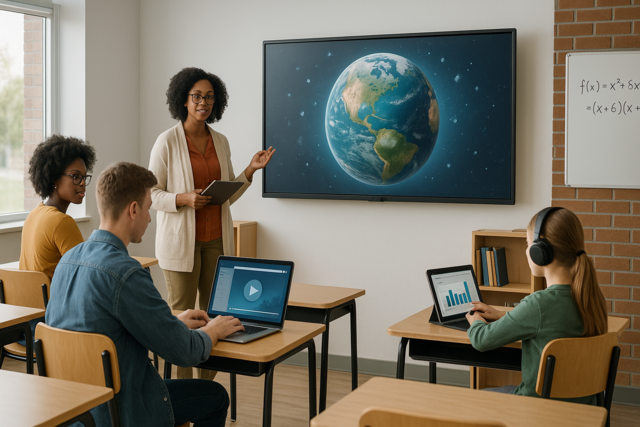 7 hours
0.7 CEUs
Blended Learning Models in Schools
+ More Info
7 hours
0.7 CEUs
Blended Learning Models in Schools
+ More Info
-
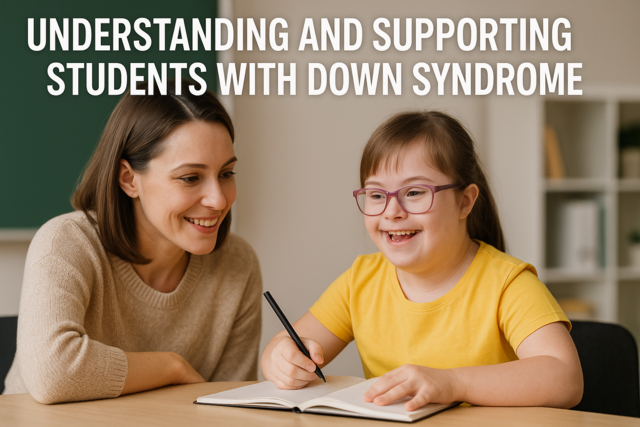 3 hours
0.3 CEUs
Understanding and Supporting Students with Down Syndrome
+ More Info
3 hours
0.3 CEUs
Understanding and Supporting Students with Down Syndrome
+ More Info
-
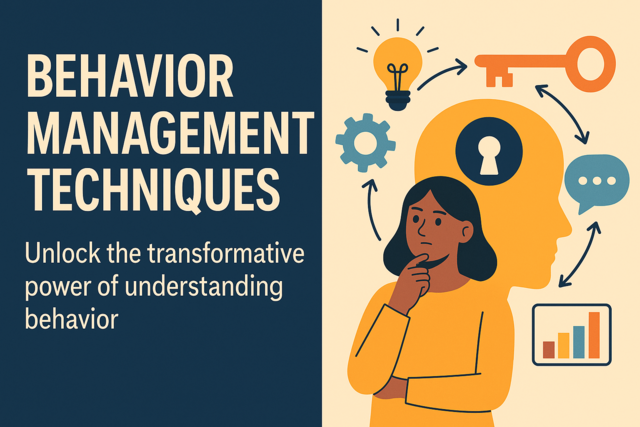 6 hours
0.6 CEUs
Behavior Management Techniques
+ More Info
6 hours
0.6 CEUs
Behavior Management Techniques
+ More Info
-
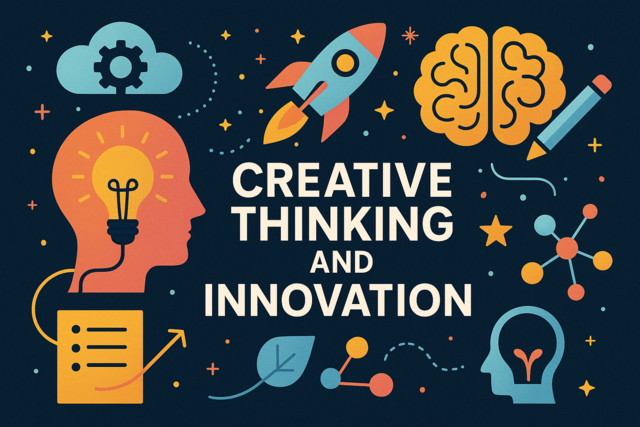 4 hours
0.4 CEUs
Creative Thinking and Innovation
+ More Info
4 hours
0.4 CEUs
Creative Thinking and Innovation
+ More Info
-
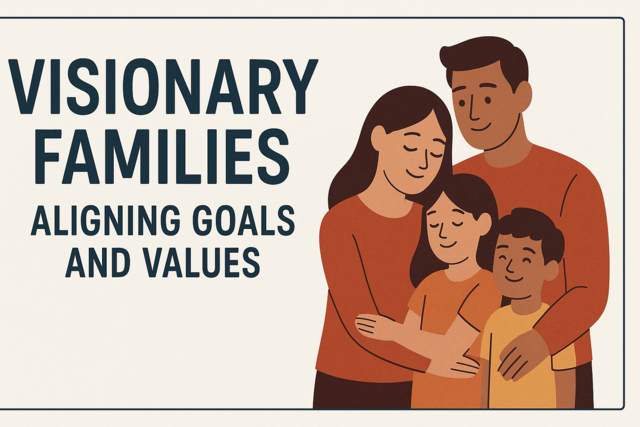 7 hours
0.7 CEUs
Visionary Families: Aligning Goals and Values
+ More Info
7 hours
0.7 CEUs
Visionary Families: Aligning Goals and Values
+ More Info
-
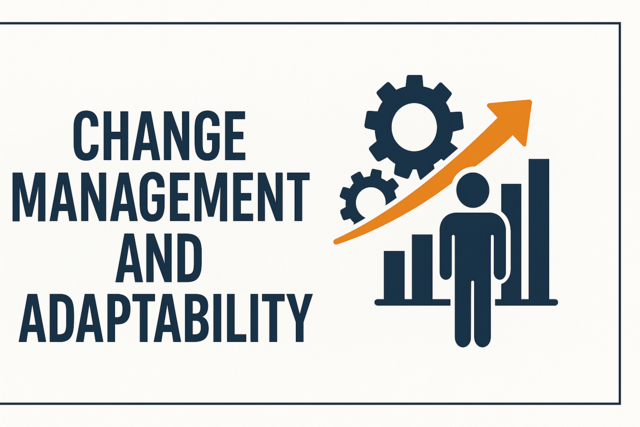 3 hours
0.3 CEUs
Change Management and Adaptability
+ More Info
3 hours
0.3 CEUs
Change Management and Adaptability
+ More Info
-
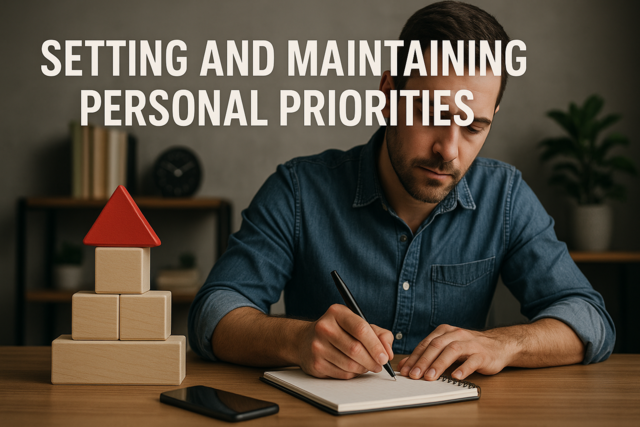 5 hours
0.5 CEUs
Setting and Maintaining Personal Priorities
+ More Info
5 hours
0.5 CEUs
Setting and Maintaining Personal Priorities
+ More Info
-
 6 hours
0.6 CEUs
Mysterious Forces in the Cosmos
+ More Info
6 hours
0.6 CEUs
Mysterious Forces in the Cosmos
+ More Info
-
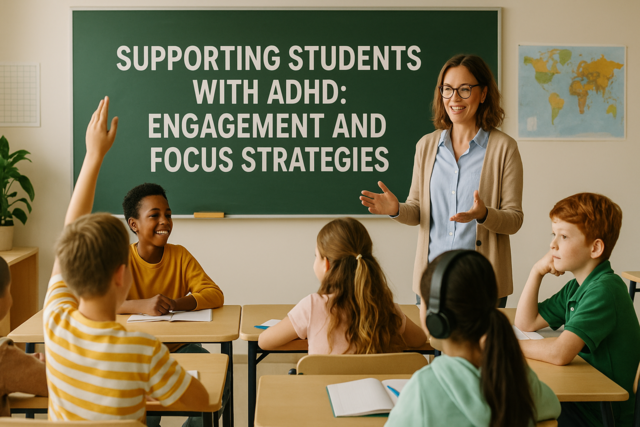 4 hours
0.4 CEUs
Supporting Students with ADHD: Engagement and Focus Strategies
+ More Info
4 hours
0.4 CEUs
Supporting Students with ADHD: Engagement and Focus Strategies
+ More Info
-
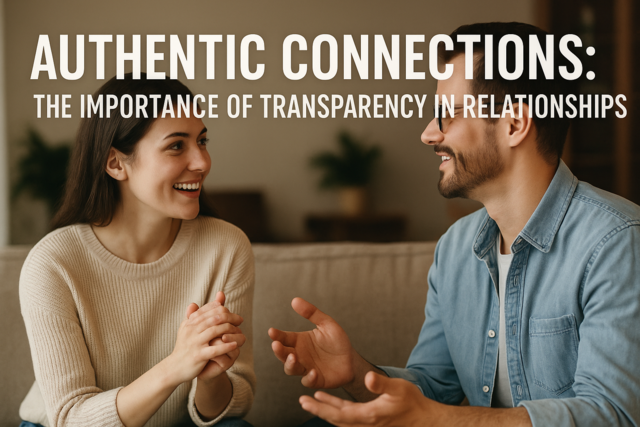 7 hours
0.7 CEUs
Authentic Connections: The Importance of Transparency in Relationships
+ More Info
7 hours
0.7 CEUs
Authentic Connections: The Importance of Transparency in Relationships
+ More Info
-
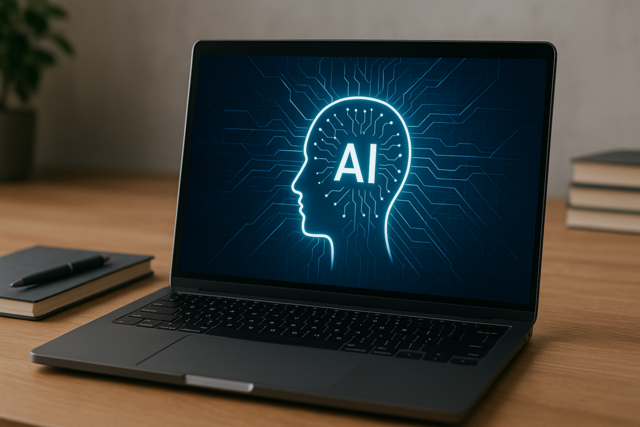 4 hours
0.4 CEUs
Understanding Artificial Intelligence
+ More Info
4 hours
0.4 CEUs
Understanding Artificial Intelligence
+ More Info
-
 5 hours
0.5 CEUs
Developing a Growth Mindset
+ More Info
5 hours
0.5 CEUs
Developing a Growth Mindset
+ More Info
-
 5 hours
0.5 CEUs
STEAM: Integrating the Arts with STEM
+ More Info
5 hours
0.5 CEUs
STEAM: Integrating the Arts with STEM
+ More Info
-
 6 hours
0.6 CEUs
Cryptids: Creatures of Folklore and Reality
+ More Info
6 hours
0.6 CEUs
Cryptids: Creatures of Folklore and Reality
+ More Info
-
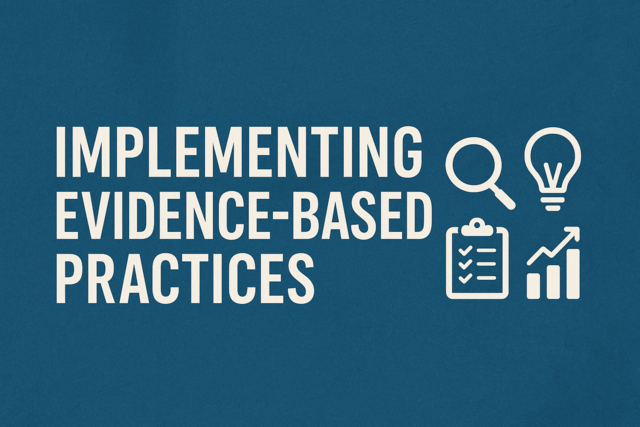 5 hours
0.5 CEUs
Implementing Evidence-Based Practices
+ More Info
5 hours
0.5 CEUs
Implementing Evidence-Based Practices
+ More Info
-
 4 hours
0.4 CEUs
Polished Precision: Men's Guide to Luxurious Tailoring
+ More Info
4 hours
0.4 CEUs
Polished Precision: Men's Guide to Luxurious Tailoring
+ More Info
-
 4 hours
0.4 CEUs
Implementing Universal Design for Learning (UDL)
+ More Info
4 hours
0.4 CEUs
Implementing Universal Design for Learning (UDL)
+ More Info
-
 6 hours
0.6 CEUs
Building an Effective Personal Brand
+ More Info
6 hours
0.6 CEUs
Building an Effective Personal Brand
+ More Info
-
 4 hours
0.4 CEUs
Familial Fortitude: Strengthening Bonds from Within
+ More Info
4 hours
0.4 CEUs
Familial Fortitude: Strengthening Bonds from Within
+ More Info
-
 4 hours
0.4 CEUs
Astrology for Personal Growth
+ More Info
4 hours
0.4 CEUs
Astrology for Personal Growth
+ More Info
-
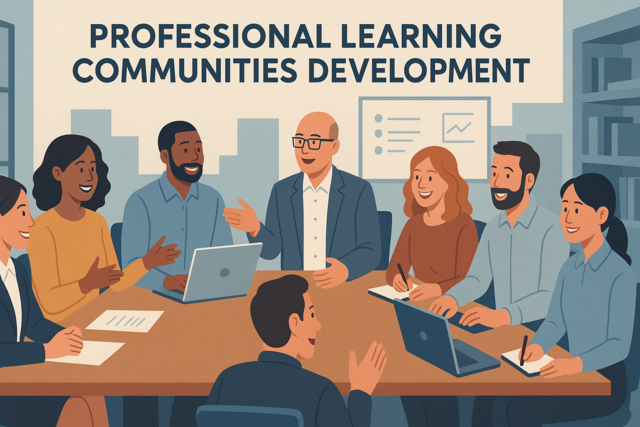 6 hours
0.6 CEUs
Professional Learning Communities Development
+ More Info
6 hours
0.6 CEUs
Professional Learning Communities Development
+ More Info
-
 5 hours
0.5 CEUs
Conscious Living: Mastering Mindfulness
+ More Info
5 hours
0.5 CEUs
Conscious Living: Mastering Mindfulness
+ More Info
-
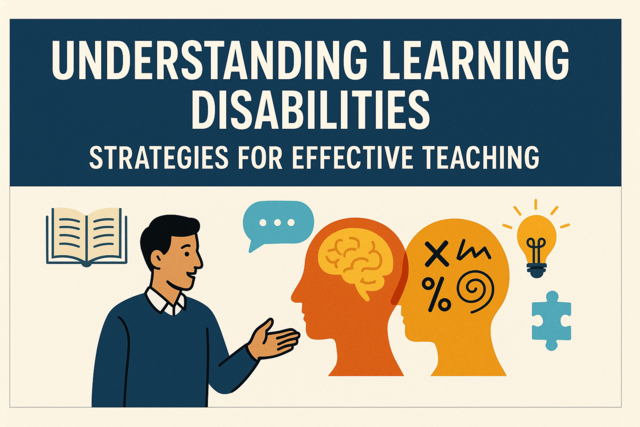 7 hours
0.7 CEUs
Understanding Learning Disabilities: Strategies for Effective Teaching
+ More Info
7 hours
0.7 CEUs
Understanding Learning Disabilities: Strategies for Effective Teaching
+ More Info
-
 5 hours
0.5 CEUs
Fostering a Positive Attitude
+ More Info
5 hours
0.5 CEUs
Fostering a Positive Attitude
+ More Info
-
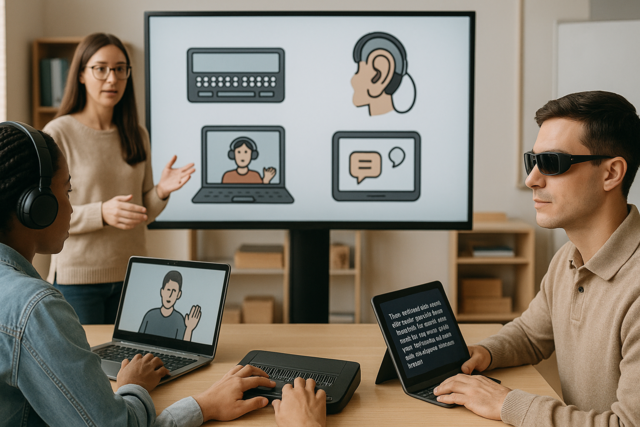 7 hours
0.7 CEUs
Assistive Technology for Vision and Hearing Impairments
+ More Info
7 hours
0.7 CEUs
Assistive Technology for Vision and Hearing Impairments
+ More Info
-
 6 hours
0.6 CEUs
Conflict Resolution and Negotiation
+ More Info
6 hours
0.6 CEUs
Conflict Resolution and Negotiation
+ More Info
-
 4 hours
0.4 CEUs
Vital Conversations: Cultivating Depth in Daily Interactions
+ More Info
4 hours
0.4 CEUs
Vital Conversations: Cultivating Depth in Daily Interactions
+ More Info
-
 6 hours
0.6 CEUs
Data-Driven Decision Making in Special Education
+ More Info
6 hours
0.6 CEUs
Data-Driven Decision Making in Special Education
+ More Info
-
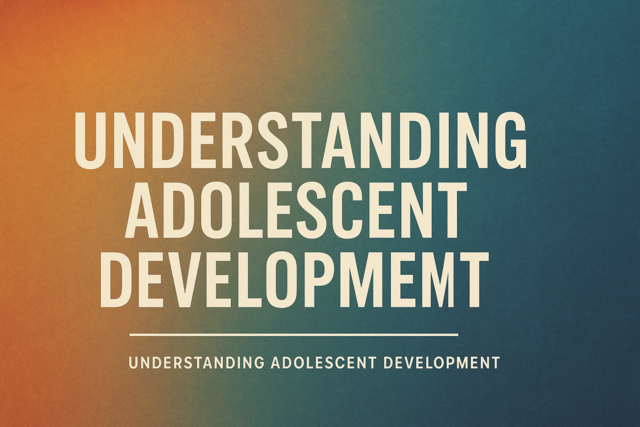 7 hours
0.7 CEUs
Understanding Adolescent Development
+ More Info
7 hours
0.7 CEUs
Understanding Adolescent Development
+ More Info
-
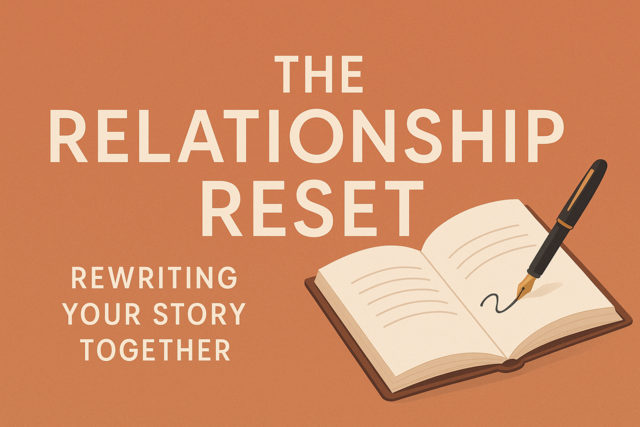 5 hours
0.5 CEUs
The Relationship Reset: Rewriting Your Story Together
+ More Info
5 hours
0.5 CEUs
The Relationship Reset: Rewriting Your Story Together
+ More Info
-
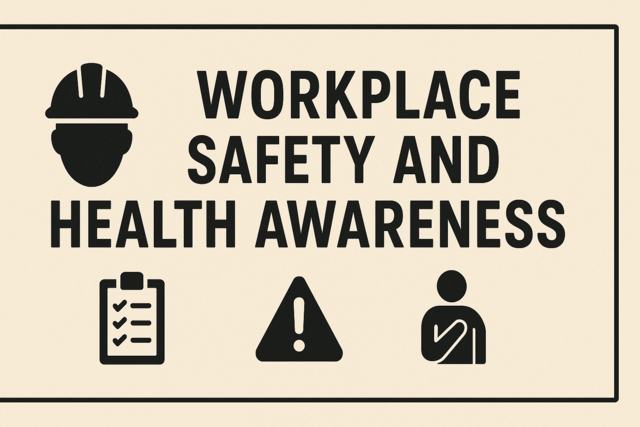 6 hours
0.6 CEUs
Workplace Safety and Health Awareness
+ More Info
6 hours
0.6 CEUs
Workplace Safety and Health Awareness
+ More Info
-
 4 hours
0.4 CEUs
The Giving Relationship: Balancing Support and Independence
+ More Info
4 hours
0.4 CEUs
The Giving Relationship: Balancing Support and Independence
+ More Info
-
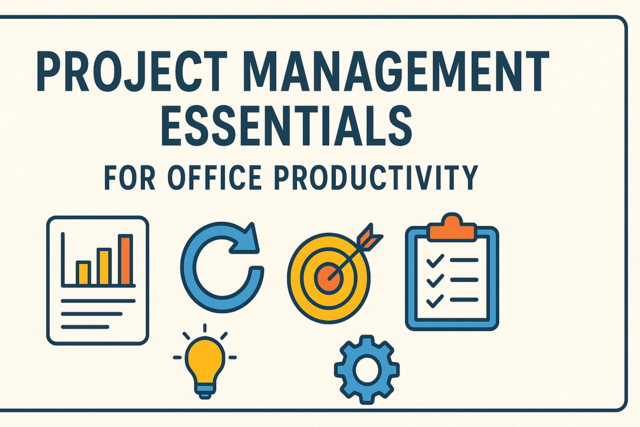 4 hours
0.4 CEUs
Project Management Essentials for Office Productivity
+ More Info
4 hours
0.4 CEUs
Project Management Essentials for Office Productivity
+ More Info
-
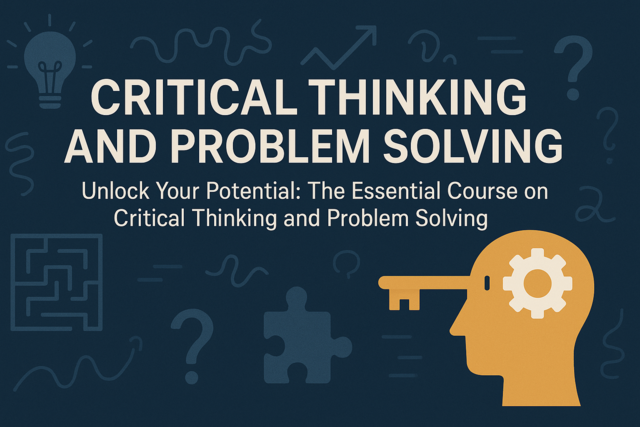 5 hours
0.5 CEUs
Critical Thinking and Problem Solving
+ More Info
5 hours
0.5 CEUs
Critical Thinking and Problem Solving
+ More Info
-
 6 hours
0.6 CEUs
Introduction to Minimalist Living
+ More Info
6 hours
0.6 CEUs
Introduction to Minimalist Living
+ More Info
-
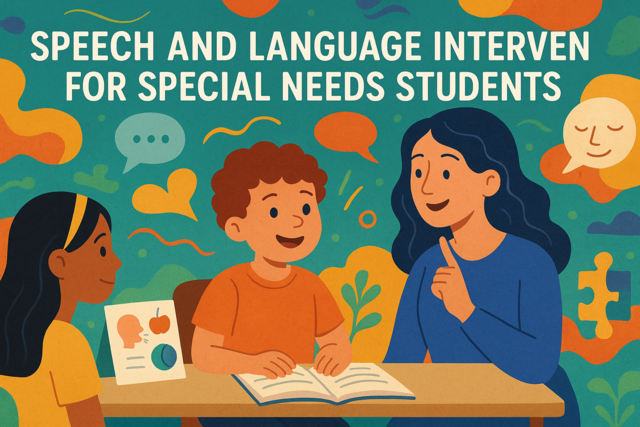 7 hours
0.7 CEUs
Speech and Language Interventions for Special Needs Students
+ More Info
7 hours
0.7 CEUs
Speech and Language Interventions for Special Needs Students
+ More Info
-
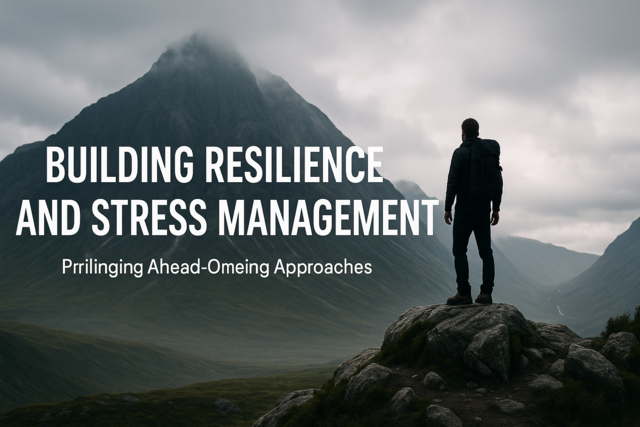 5 hours
0.5 CEUs
Building Resilience and Stress Management
+ More Info
5 hours
0.5 CEUs
Building Resilience and Stress Management
+ More Info


